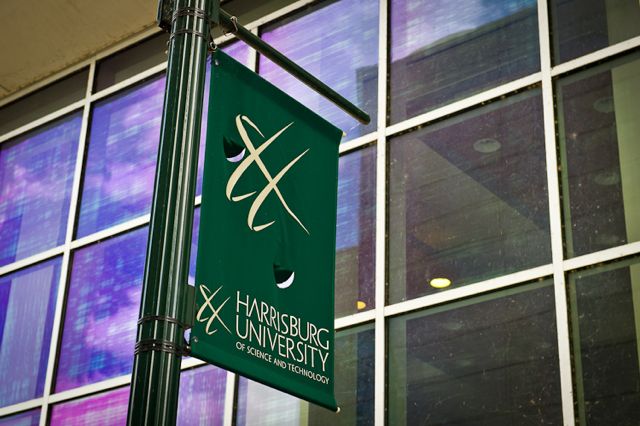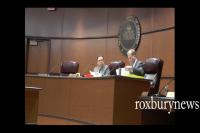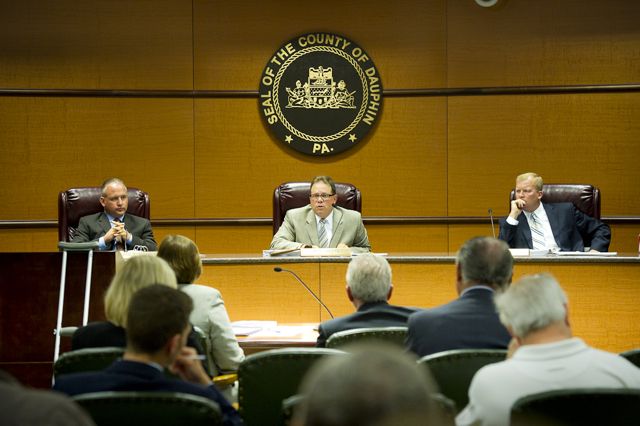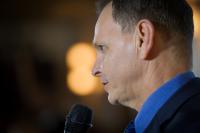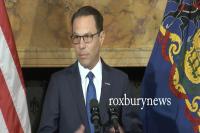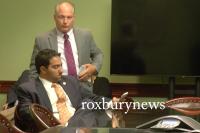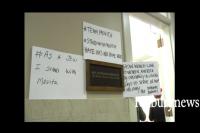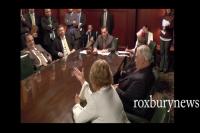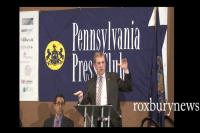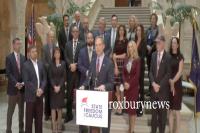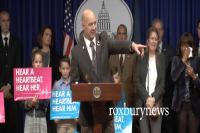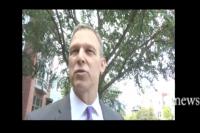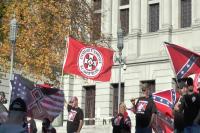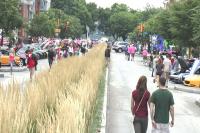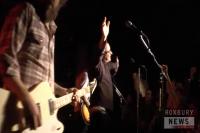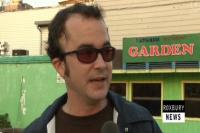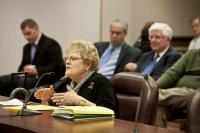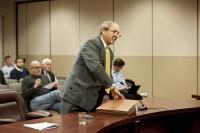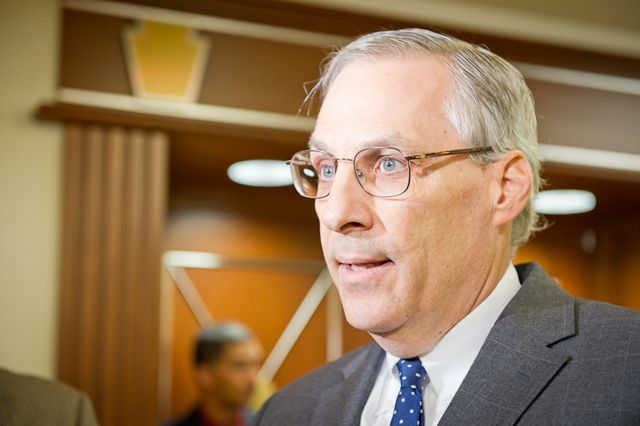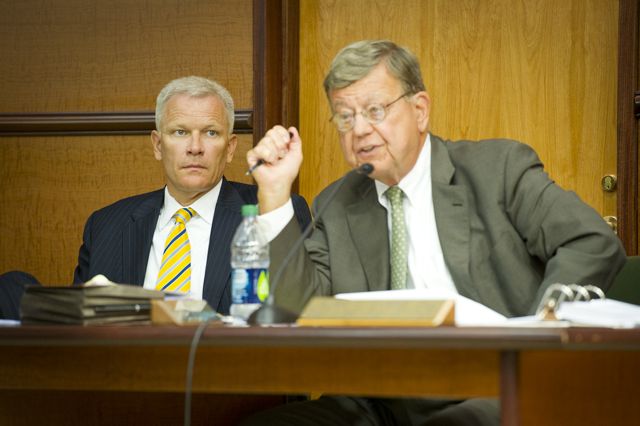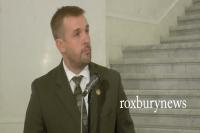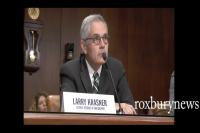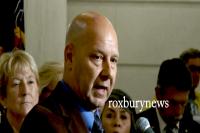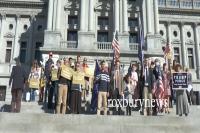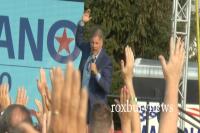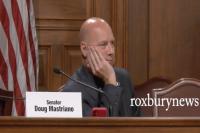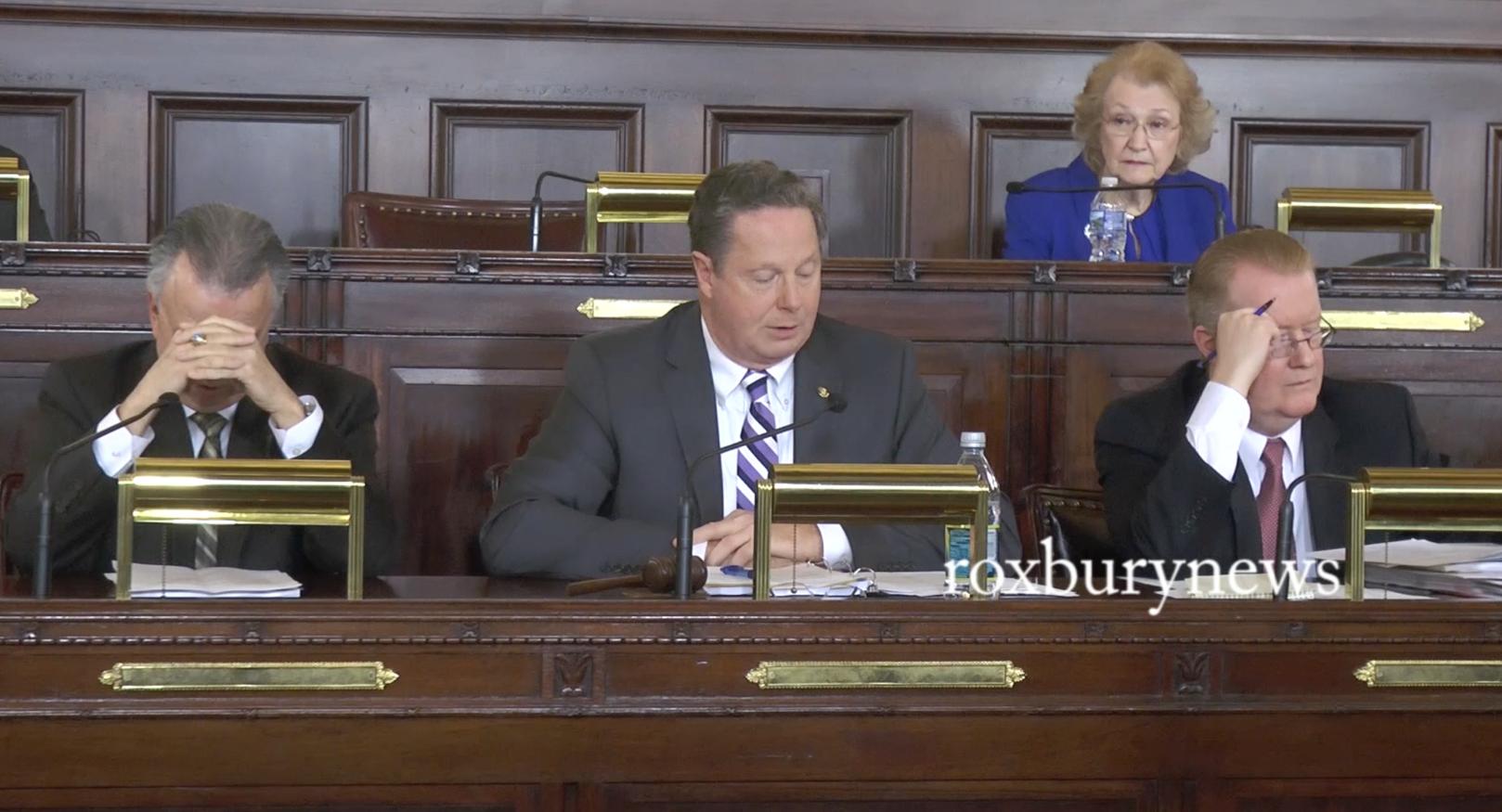Pa. House Appropriations committee Monday 4:48pm.
A new kind of thinking in Harrisburg.
Short Title.
An Act amending Title 4 (Amusements) of the Pennsylvania Consolidated Statutes, in general provisions, further providing for definitions; in Pennsylvania Gaming Control Board, further providing for general and specific powers, for regulatory authority of board and for reports to board; in licensees, further providing for supplier licenses and for manufacturer licenses; providing for airport gaming; and, in administration and enforcement relating to gaming, further providing for compulsive and problem gambling program and for prohibited acts and penalties.
FISCAL NOTE HB 271
ANALYSIS: The legislation adds a new Chapter 13B (Airport Gaming) authorizing gaming at qualified airports. Current slot machine licensees seeking to make games available to players through the use of multi-use computing devices may petition the Pennsylvania Gaming Control Board (Board) for an airport gaming certificate. A one-time, nonrefundable fee of $1 million shall be paid within 30 days of being issued an airport gaming certificate. All fees or penalties under Chapter 13B will be deposited into the General Fund. Each airport gaming certificate holder will pay a tax of 14% of its daily gross airport gaming revenue and the revenue generated will be deposited into the General Fund.
In addition to the 14% tax, each airport gaming certificate holder will pay a multi-use computing device local share assessment of 20% of its gross airport gaming revenue into a restricted receipts account in the State Gaming Fund to be distributed quarterly back to each qualified airport.
FISCAL IMPACT: As amended, there are 8 airports in the Commonwealth in which interactive gaming will be authorized under this legislation. Assuming a slot machine licensee is issued an airport gaming certificate to conduct gaming in each of the six international airports in Pennsylvania and the two qualified commercial service airports, this will result in $8 million in one-time license fee revenues. Furthermore, it is estimated that gaming operations in each of the qualified airports would generate $8 million annually from the 14% State Tax. Assuming an enactment date of June 30, 2017, and the implementation of authorized gaming in all qualified airports, this legislation is estimated to generate $8 million in license fees for the General Fund in 2017-18 and $4 million in new gaming revenues for the General Fund in 2017-18. The amount of the local share assessment to be generated in 2017-18 is estimated to be $5.7 million.

